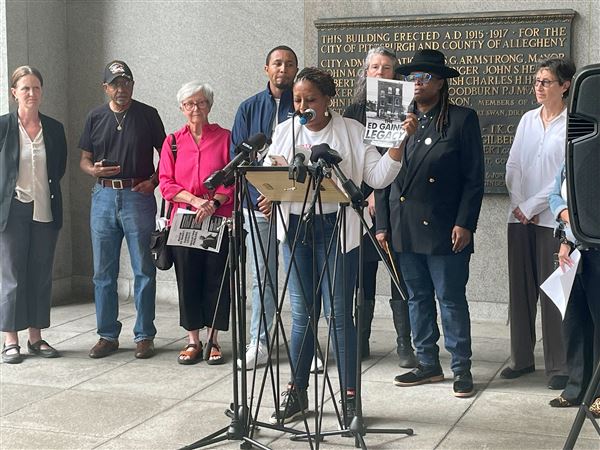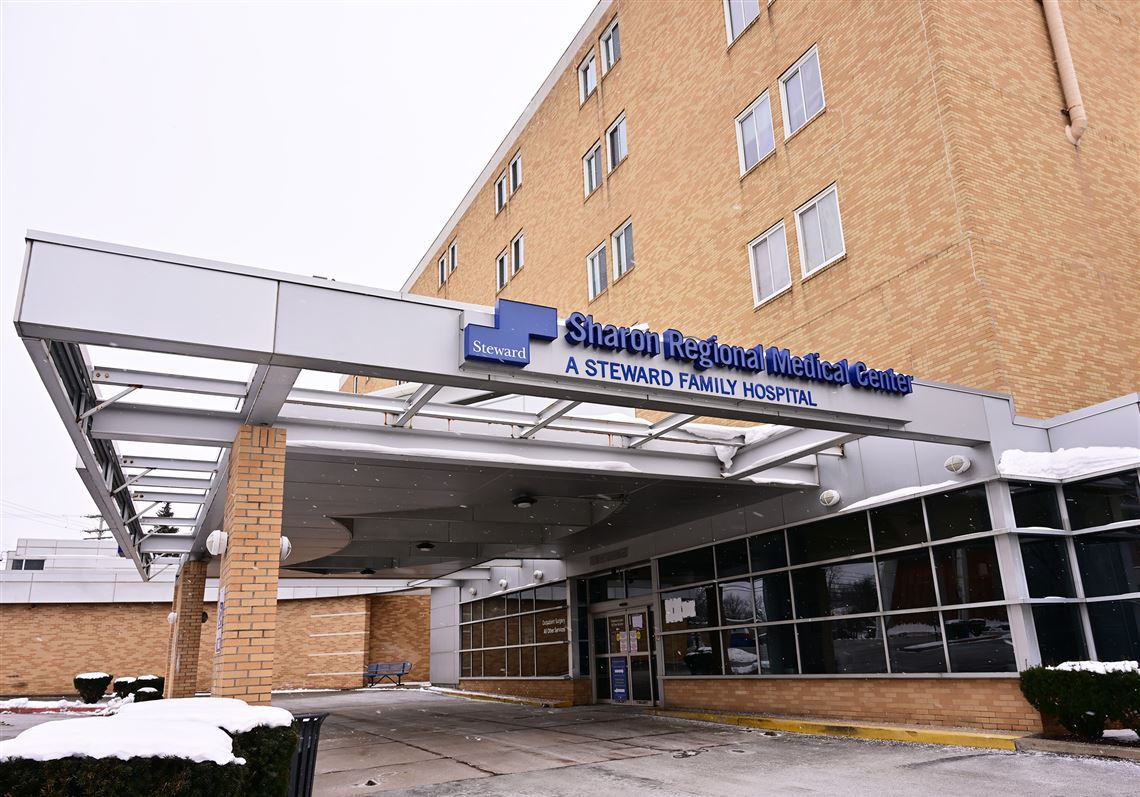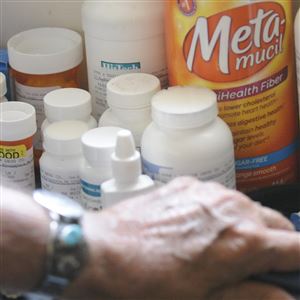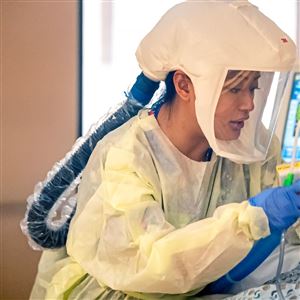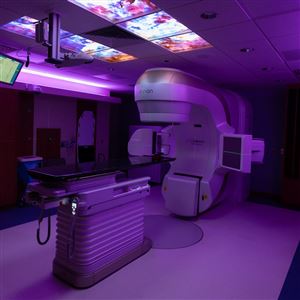On the same day Sharon Regional Medical Center reopened after more than two months of closure, the state House advanced the concept of a new grant program to pay off education debt of practitioners at rural hospitals, seeking to slow a spiraling crisis at those facilities.
The bill, which could soon be put to a final vote, is one of several that have gotten attention in recent months as swaths of Pennsylvania have become devoid of facilities for critical aspects of health care.
Another bill would ban for-profit entities from owning hospitals in the state. A third that failed to gain final passage late last session would have given the attorney general a voice in considering whether hospital acquisitions should be allowed to happen.
In his proposed 2025-26 budget, Gov. Josh Shapiro allocated $10 million specifically to support rural hospitals. He also condemned how private equity treats hospitals “like a piggybank they can empty out and smash on the floor.”
New Attorney General Dave Sunday, who took office eight weeks ago, told the Post-Gazette last week his office would be open to reviewing legislation tied to the “unbelievably important” issue. He said has “lived and breathed access to health care” for much of his short time in office as he worked to help keep a southeastern Pennsylvania hospital open.
On Tuesday, a recorded message still identified Sharon Regional Medical Center in Mercer County as a “Steward family hospital” — a reference to Steward Health Care System LLC, the for-profit company that previously owned the hospital — but an operator said the 163-bed facility had opened.
“And it’s been a busy morning,” the operator said.
Steward filed for protection under the U.S. Bankruptcy Code last year and closed Sharon Regional as part of a financial reorganization. The hospital is now owned by nonprofit Tenor Health Foundation Sharon LLC, which has corporate offices in California.
Reopening the hospital will eventually restore around the clock heart catheterization care, which has been shown to be the most effective treatment for the most serious heart attacks. Sharon’s cath lab was the only service of its kind in the county for a medical problem highly dependent on timely intervention to save lives.
Meanwhile, a rural seven-county swath of north-central Pennsylvania — about the size of Connecticut — will be without a maternity hospital April 7 after the closing of the ob/gyn unit at UPMC Cole Hospital in Potter County. Part of the problem, UPMC hospitals officials said, was difficulty recruiting doctors, which included a failed 18-month search for an ob/gyn physician.
“Rural America gets hit the hardest,” Cole maternity physician Ethan Gable said at the time about recruitment issues.
Studies have shown that increased distances to delivery hospitals were related to higher complication rates for moms. A 2022 study that included review of 660,000 Pennsylvania birth records, for example, found a “significantly” greater risk of medical emergencies for mothers and newborn admissions to intensive care units when compared to delivering mothers who had shorter drives to the hospital.
In rural Elk County, local business owners and residents lobbied for creation of a health care coalition to find ways of restoring maternity care in the county and preserving other health care services. The formation of the Elk County Healthcare Authority in November followed the shuttering of the maternity unit at Penn Highlands Elk Hospital in St. Marys in May.
The legislative bill to create the rural health care grant program, sponsored by Republican Rep. Kathy Rapp of Warren County and Democratic Rep. Dan Frankel of Allegheny County, would have the Department of Health distribute grants of up to $250,000 a year to entities in “medically underserved areas and rural areas.” The grant money would be used to pay education debt of practitioners employed by the entity.
In a memo supporting their bill, Ms. Rapp and Mr. Frankel said the health care access crisis in rural areas has been worsening for years.
“One way to address both the healthcare practitioner shortage and rural access to healthcare crisis is to provide incentives for licensed nurses and physicians to live and work in rural communities,” they wrote. Their proposed program, they said, would be “extremely valuable to rural hospitals and young healthcare practitioners.”
First Published: March 18, 2025, 8:45 p.m.
Updated: March 19, 2025, 12:41 p.m.



